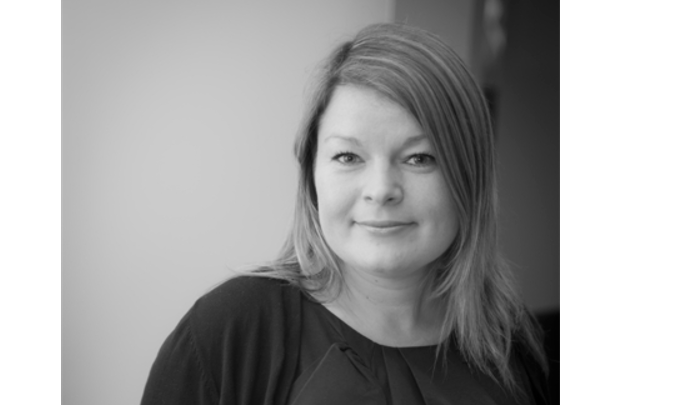‘Are you worried about money?’
It was four years ago and I’d just been told I had breast cancer.
After the consultant told me what the next steps would be relating to my treatment, this was one of the questions the breast care nurse asked me.
I was naturally in shock having just been given this devastating news, but I was thankfully able to answer ‘No’.
I wasn’t worried about money because I had protection insurance in place. I knew I’d be able to just focus on my health and how I was going to beat this horrid cancer.
Sitting on that sofa, having that conversation with the nurse, it made me think how many other people had not been able to answer like I did.
How many would have said that they were worried about money as they knew they’d not be able to cope financially if they couldn’t work?
How many others would have answered with ‘I don’t know’ because they simply had no idea what sick pay, savings or insurances they had in place or if they’d be able to access any state benefits?
Before my diagnosis, when promoting the benefits of protection insurance, I had always talked about the fact income protection and critical illness plans enable clients to focus on their health and not have to worry about money at the same time.
Having become a claimant myself, I know first-hand how completely true that statement is.
Insurance working in tandem
I was fortunate as I had good sick pay, income protection (IP), critical illness (CI) cover and private medical insurance (PMI), and I was able to benefit from them all.
I was also able to make use of a second medical opinion through my AIG policy.
This not only gave me peace of mind about my diagnosis and treatment, but the USA-based oncologist also recommended that I have the BRCA test done.
My PMI provider, Vitality, happily paid for this – demonstrating how different policies with different insurers can work in tandem together.
Things though could have been very different.
While I’d taken out critical illness cover back in 2001, I’ll hold my hands up and admit I’d not reviewed my cover for years and relied on my employee benefits for income protection and PMI.
A bit like the plumber with the leaky tap at home that never gets fixed, I hadn’t practiced what I preached; while I didn’t have children, I still should have reviewed my cover after buying a home and progressing my career.
Probation period risks
But in October 2018 I changed jobs and knew that during the six-month probation period in my new role, I would not be eligible for the group IP or group PMI schemes.
So I reviewed my own cover, taking out personal IP, personal PMI and took the opportunity to increase my CI coverage too.
Thank goodness I did because less than six months later I was facing cancer.
Had I not been in the industry, would I have thought to do this review? Probably not.
How many people also decide to take a chance during their probation period because ‘it’s only a few months without cover’?
I’m going to take a punt and guess at most people.
My story illustrates the importance of reviewing cover and that sadly, a lot can change in only a few months.
Regular reviews and annual statements
Advisers have such an important role to play in not only recommending protection insurance in the first instance, but ensuring clients understand they should review their cover when circumstances change, and implementing a good retention and review strategy to ensure that happens.
Insurers also need to do more to raise awareness of the need to review cover as not every policy holder has an adviser to help them do this.
Annual statements, which sadly many insurers still do not issue, are a great means do to this, providing an opportunity to not only remind policyholders of the value of the cover they hold, including added value services, but prompting them to ensure cover still meets their needs.
The implementation of Consumer Duty will thankfully lead to more conversations about protection taking place.
It’s important though that these conversations include the value of income protection and critical illness cover, rather than just focussing on life cover.
After all, if I’d just had life cover in place, it would have been no use to me.
So whatever role you play within our industry, please think of me sitting on that sofa, and do all you can to ensure as many consumers as possible can answer ‘No’, to that question, just like I did.
I can promise they’ll be forever thankful that they don’t need to worry about money at a time when they just need to be focussing on their health.
